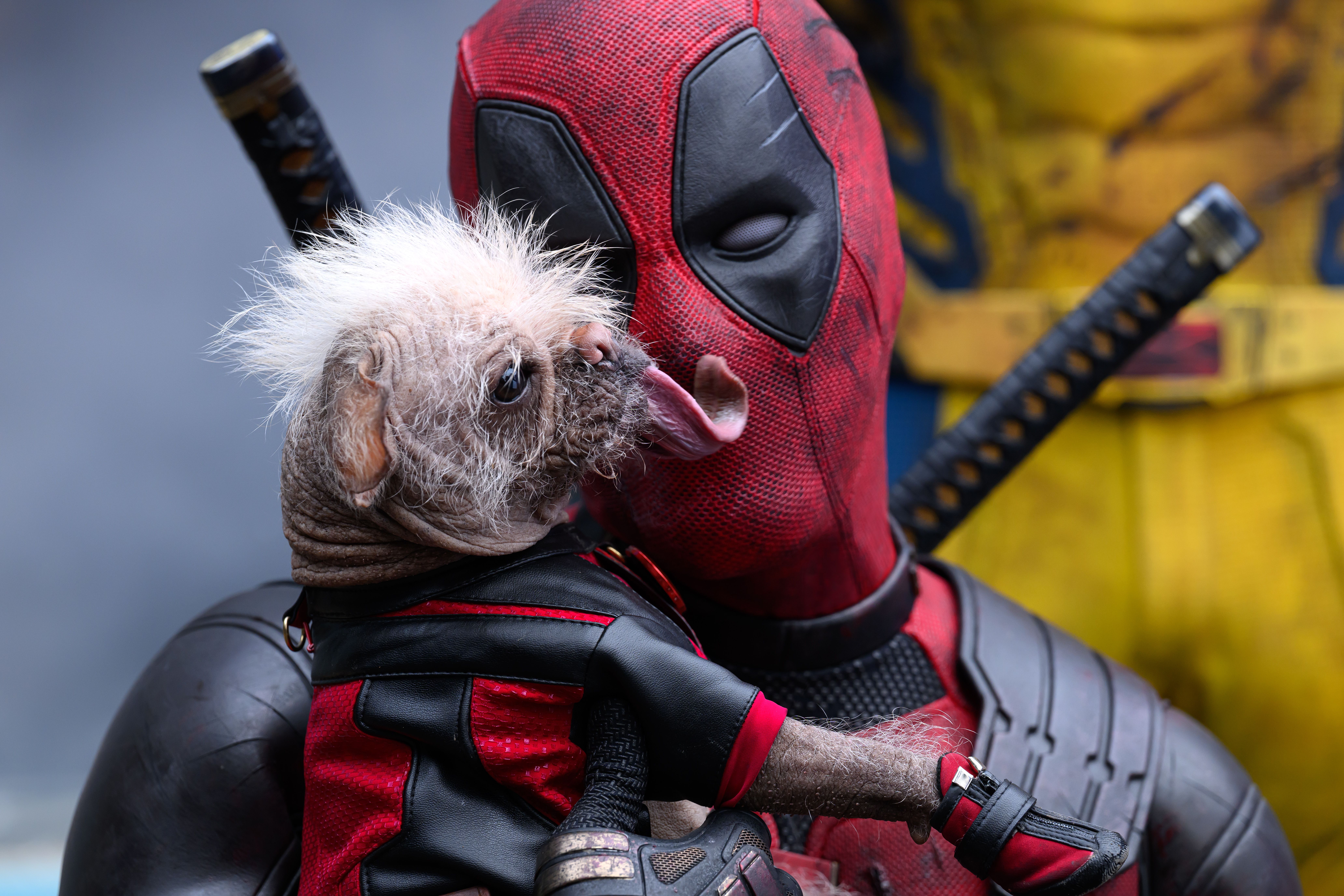In Spike Lee’s Highest 2 Lowest, Denzel Washington plays David King, a music-industry mogul faces a moral dilemma.Apple/Supplied
Highest 2 Lowest
Directed by Spike Lee
Written by Alan Fox, based on High and Low by Akira Kurosawa
Starring Denzel Washington, Jeffrey Wright and A$AP Rocky
Classification N/A; 133 minutes
Opens in select theatres Aug. 15, including the TIFF Lightbox in Toronto; streaming on Apple TV+ starting Sept. 5
Critic’s Pick
There’s truth in advertising, and then there’s Spike Lee’s new thriller Highest 2 Lowest. In choosing to adapt Akira Kurosawa’s 1963 drama High and Low (itself adapted from the 1959 Ed McBain novel King’s Ransom), Lee has chosen not only the perfect source material to filter through his own I-♥-NYC vision, but also the perfect title. Because Highest 2 Lowest is, like much of Lee’s output over the past decade, magnificently messy, with moments both transcendent and confounding. It is the highest of Lee, and the lowest. Sometimes all at once.
A generous reading would posit that Lee’s oscillation here is intentional, with the first half of the film representing the bland, homogenized world entrapping its own lead character, David King (Denzel Washington), a music-industry titan who is said to have the “best ears in the business,” but today sits inside his Manhattan castle, having long ago lost touch with what’s going on down on the streets.
As David mulls either selling off his stake in his company Stackin’ Hits for untold riches or scrounging together enough savings to buy it back and start over, Lee frames the business-world drama in the most corporate of fashions: all soft-focus shots of fashionable people sitting around offices, edited listlessly and backgrounded by Howard Drossin’s unbearably overwrought score, one of the worst pieces of music you may ever hear outside of daytime soaps.
The low-energy melodrama only gets more eye-rolling once Kyle (Elijah Wright), the son of David’s long-time chauffeur-slash-consigliere Paul (Jeffrey Wright), gets kidnapped in a case of mistaken identity, the criminals originally intending to nab David’s teenage son Trey (Aubrey Joseph) for a handsome ransom. As David debates what to do with his fortune – save his legacy or save his best friend’s son – Lee and screenwriter Alan Fox cannot for the life of them muster the tension or electricity that would naturally accompany such a personal drama.
But then halfway through the film, once King David (nice one, guys) deigns to step on the streets of his kingdom and chase down his family’s tormentors, Highest 2 Lowest gets a remarkable jolt of eye-popping, foot-stomping energy. The shift happens at a moment too perfect to allow such a vibe shift to be merely accidental.
During a sequence set during the Bronx’s annual Puerto Rican Day parade, Lee stages a wild, delightfully frenetic chase scene that involves David, a precinct’s worth of incompetent cops (led by a hilariously dry Dean Winters, patron saint of New York idiots everywhere), and a wannabe hip-hop-star-cum-kidnapper named Yung Felon (A$AP Rocky). The sequence is shot with such verve and love for the Big Apple – with several NYC celebrities making cameos as themselves, including one of Lee’s long-time collaborators, whose relationship with the director stretches back even further than Washington’s – that it forces audiences to reconsider the preceding hour.
The film takes a turn for the better during a chase scene involving Denzel Washington and a team of incompetent cops led by Dean Winters.The Associated Press
Blessedly, Lee himself doesn’t glance back for the remainder of the film, with the story culminating in a ferocious confrontation between David and Yung Felon that instantly earns the sequence prominent placement in Washington’s eventual lifetime-achievement sizzle reel. (Although Lee still isn’t able to shake his bizarre affection for Drossin’s score, which keeps creeping back with the maddening persistence of a Manhattan cockroach.)
Speaking of: There is something either kind or cruel in that Washington’s fifth collaboration with Lee also marks the director’s best narrative film since the two last worked together more than 20 years ago, on 2006’s Inside Man. (Lee acolytes may not incorrectly point out the power of 2020’s Da Five Bloods, but that movie’s finale, equally bloody and silly, wasn’t all that fresh on arrival and has only aged worse since.)
When Lee puts Washington in just the right scene, with just the right power dynamics and just the right nerve-rattling dialogue, the result is a thing of high art. Forget the film’s initial low points – just keep aiming toward the top. And keep watching King David’s throne.








![13th Aug: Fixed (2025), 1hr 26m [R] (6.5/10)](https://occ-0-1381-999.1.nflxso.net/dnm/api/v6/Qs00mKCpRvrkl3HZAN5KwEL1kpE/AAAABTbsvPY3O224kWwAZky3aF-SwyzN2pQdb5WkHvKCcNjWDE76lKRTLQ2aQcztULV6wOHO8HkHV_tZebb6f-SIA6slsfqiR6HCeU_dNevbaWY3Kebe12x7cr247R0f4t7Jr2V3sa_YWfEbtJOeP-Ohoy08s3k5SuUMQjF5SfefjN1-cyFYVyukMAfRAXG5d0vdkEc3EDfrmg.jpg?r=99e)



